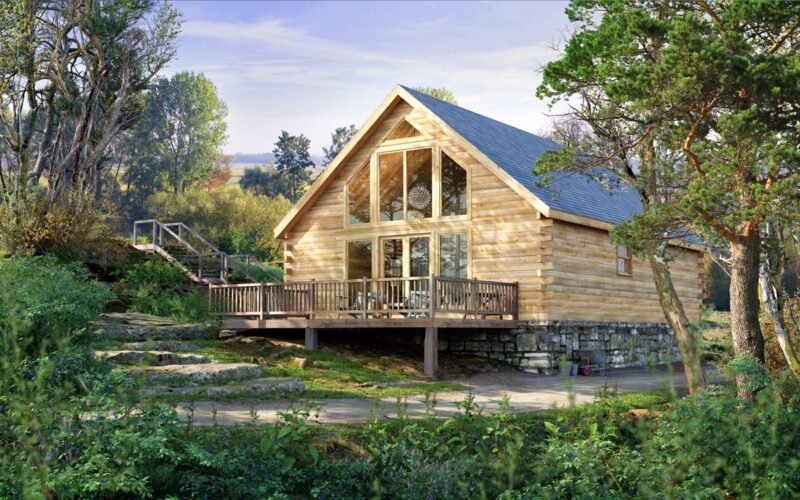Log cabins have long captured the imagination of people seeking a simpler, more natural way of living. With their rustic charm and connection to the outdoors, these wooden dwellings embody both history and comfort. From their early beginnings as practical shelters to their modern-day role as holiday escapes and luxury retreats, log cabins remain a symbol of warmth, strength, and tranquillity.
A Brief History of Log Cabins
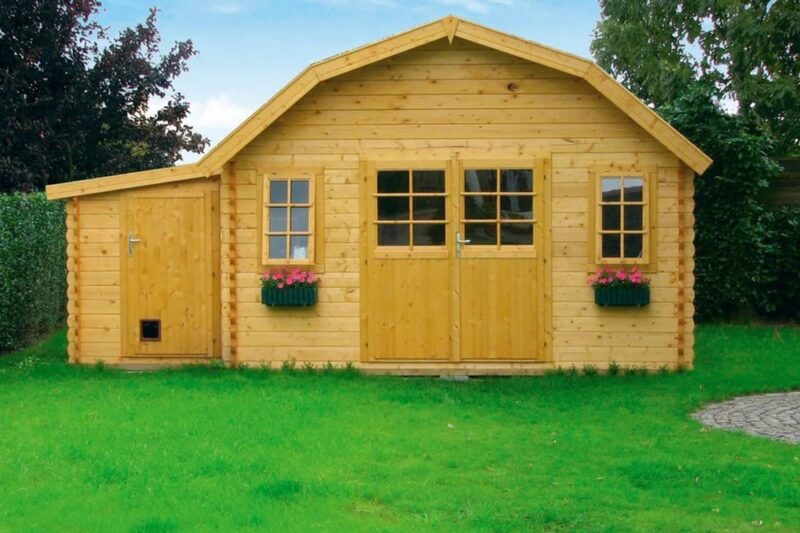
The origins of log cabins can be traced back to northern Europe, particularly in regions like Scandinavia and Eastern Europe, where dense forests provided ample timber. The concept spread across continents as settlers recognised the practicality of building homes from sturdy logs. When European immigrants arrived in North America, they carried this knowledge with them, shaping much of the rural architecture in the United States and Canada.
Simple to construct and highly durable, log cabins became a reliable option for settlers establishing communities in challenging climates. The design required only basic tools, and the thick logs offered insulation against cold winters. Over time, cabins transitioned from being a necessity to becoming an iconic part of cultural identity.
The Unique Advantages of Log Construction
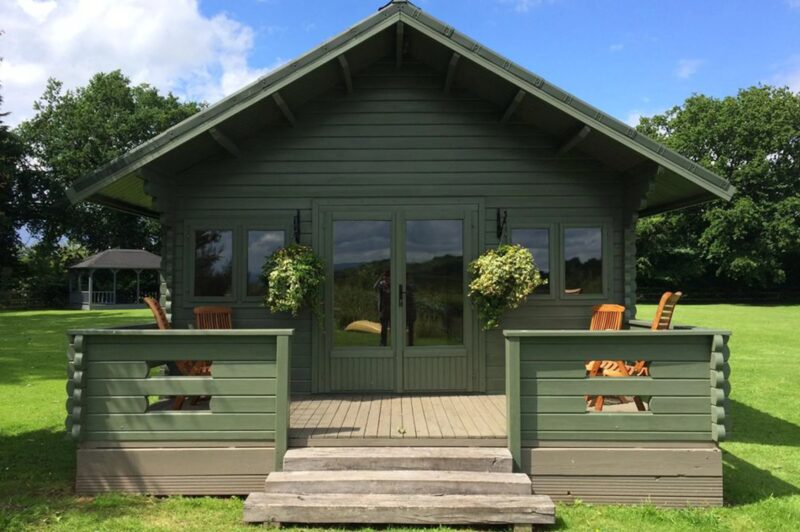
One of the most appealing aspects of log cabins lies in the natural properties of wood. Logs are excellent insulators, helping to regulate indoor temperatures throughout the year. In winter, they retain warmth, while in summer, they keep interiors cool and comfortable. This natural thermal performance often reduces the need for excessive heating or cooling systems, making cabins more energy-efficient than many modern homes.
Wood also offers strength and longevity when maintained properly. With adequate care, cabins can last for centuries, standing strong against harsh weather conditions. The use of sustainable timber further adds to their appeal, allowing builders and homeowners to embrace eco-friendly construction methods.
Aesthetic Charm and Cosy Living
The look and feel of a log cabin is unlike any other type of dwelling. The warm tones of natural wood, the scent of timber, and the handcrafted detail all create a sense of peace and relaxation. Many people find that living in or visiting a cabin brings them closer to nature, as the structure itself feels like an extension of the surrounding landscape.
Inside, the design possibilities are surprisingly flexible. While traditional cabins feature simple layouts and rustic furnishings, modern versions often combine classic craftsmanship with contemporary luxuries. Open-plan living, large windows, and modern kitchens can all be incorporated without losing the timeless charm of a wooden retreat.
Popular Uses of Log Cabins Today
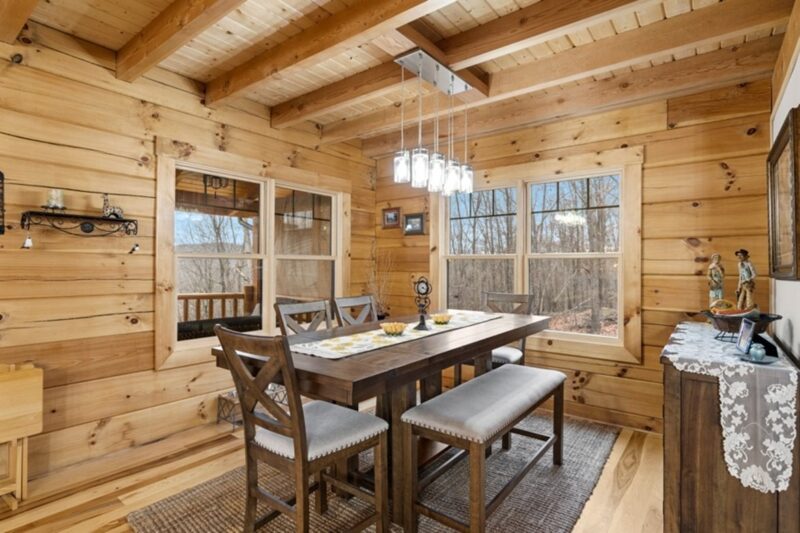
In today’s world, log cabins are not just rural homes; they serve a wide range of purposes. Holiday parks often feature cabins as rental properties, offering guests a cosy alternative to hotels. Many individuals choose to build cabins on their land as garden offices, studios, or guest accommodations. Others see them as long-term investments, either as holiday lets or family retreats that can be passed down through generations.
The versatility of cabins also makes them suitable for both off-grid living and luxury resort experiences. Some cabins are fitted with solar panels and composting systems, allowing for a fully sustainable lifestyle. Others are equipped with hot tubs, underfloor heating, and designer interiors, appealing to those who want nature without sacrificing comfort.
Health and Wellbeing Benefits
Beyond their physical qualities, log cabins are often associated with improved wellbeing. The calming atmosphere of a wooden home can reduce stress, encourage mindfulness, and promote relaxation. Being surrounded by natural materials and forested environments is believed to improve mental clarity and overall mood.
For many, a weekend retreat to a cabin provides a valuable escape from the noise and pressures of modern life. The slower pace, combined with opportunities for outdoor activities such as hiking, fishing, or simply sitting by a fire, helps restore balance and connection with nature.
Investing in the Future of Cabin Living
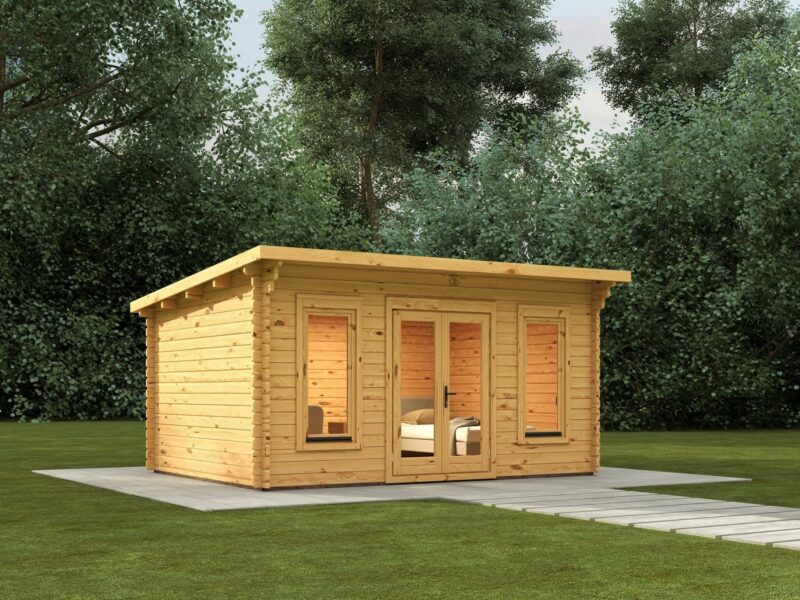
Interest in sustainable living and eco-friendly holidays continues to grow, which has fuelled renewed demand for log cabins. More people are turning to them not only as personal escapes but also as profitable rental opportunities. With platforms for holiday lettings making it easier to attract guests, cabins are often booked by those seeking unique getaways in natural surroundings.
For potential buyers, the key lies in choosing quality construction and sustainable timber sources. A well-built cabin, treated and maintained properly, will not only provide decades of enjoyment but also hold long-term value. Whether built for personal use or as an investment, cabins remain an appealing option for those who prioritise charm, durability, and eco-conscious living.
Log Cabins as a Modern Lifestyle Choice
While once seen primarily as pioneer homes, log cabins today represent a lifestyle choice that blends tradition with modern convenience. They suit a wide range of people: families wanting a rural retreat, professionals needing a quiet workspace, or travellers searching for memorable holiday experiences.
As society grows increasingly fast-paced, the allure of a natural, slower way of life becomes stronger. Log cabins provide not only a physical space but also a state of mind—one rooted in simplicity, connection, and comfort. By choosing to embrace the cabin lifestyle, individuals rediscover a balance between modern demands and timeless tranquillity.
Conclusion
From their origins as practical shelters to their modern role as versatile retreats, log cabins continue to hold universal appeal. They offer durability, comfort, and aesthetic warmth while aligning perfectly with eco-friendly values.
More than just structures, they embody a philosophy of living close to nature without compromising on comfort. Whether used as family homes, holiday getaways, or sustainable investments, log cabins are likely to remain a cherished choice for generations to come.

